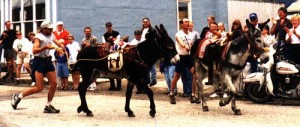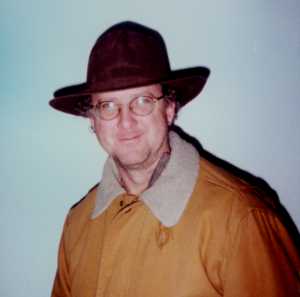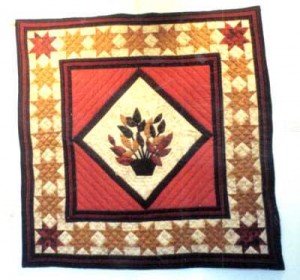Brief by Central Staff
Politics – March 2004 – Colorado Central Magazine
Jerry Kopel, a former state legislator, discovered something unique about the history of marriage laws in our state. Colorado was the only state where a marriage could be legal in part of the state and illegal in another. He wrote about it in the Jan. 23 edition of the Colorado Statesman, a political weekly in Denver.
Like many other states, most of them in the South, Colorado at one time made it illegal for people of different races to marry; in other words, miscegenation was illegal.
That law dated back to pre-statehood days, when in 1864 the Territorial Assembly passed a law which stated that “All marriages between negroes or mulattoes of either sex and white persons are declared to be absolutely void.”
Those who wed in violation of the law, as well as the person officiating at the ceremony, could be fined from $50 to $500, and sentenced to anywhere from three months to two years in the county jail.
In 1942, the state supreme court found it constitutional, even though Colorado had civil rights laws, because “it applied equally to negroes and white persons.”
That arose from a Denver case where a mixed-race couple was charged with vagrancy. A city ordinance included “immoral acts” as one facet of vagrancy, and since the couple was not legally married on account of the miscegenation law, their relationship qualified as an immoral act.
The miscegenation law was repealed in 1957.
But it applied in only part of the state, for the law held that “Nothing in this section shall be so construed as to prevent the people living in that portion of the state acquired from Mexico from marriage according to the custom of that country.”
Since Mexico had no miscegenation laws, mixed-race marriages were legal in the parts of Colorado that came from Mexico: everything south or west of the Arkansas River, or a line drawn north from the river’s source at Climax.
Thus a marriage might be legal in most of Salida, but illegal over in Hollywood Heights — the area right under Tenderfoot Hill. A couple could be legally married in Buena Vista, but guilty of illegal cohabitation if they moved to Leadville.
Kopel could find no accounts of any legal activity inspired by this unique law.



